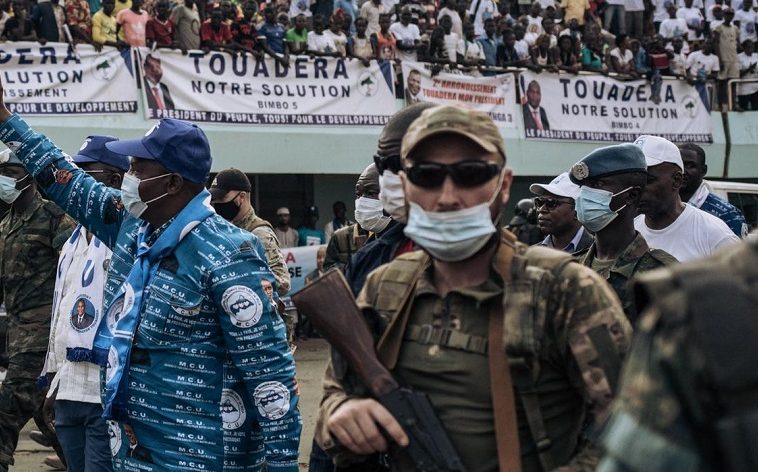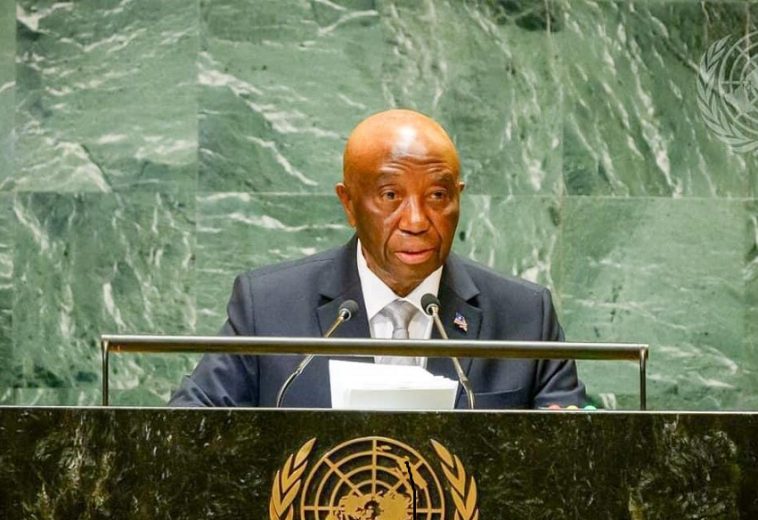At the 79th Session of the United Nations General Assembly (UNGA), President João Lourenço of Angola made a compelling case for building a more just and equitable global financial system. Addressing growing geopolitical tensions and global conflicts, Lourenço urged the international community to prioritise financial reforms that foster inclusivity, especially for developing nations that have historically been marginalised in global decision-making.
Lourenço emphasised the need for a “new international financial architecture” that not only combats illicit financial flows but also ensures the recovery of assets lost to corruption. He expressed concern that current financial systems heavily favour wealthy nations, while developing countries struggle to secure the resources necessary for growth. “We want to help construct a new international financial system where closer cooperation between states is essential to combat illicit capital flows and recover assets,” Lourenço stated. He stressed that the global financial framework must evolve to reflect modern realities.
A major part of Lourenço’s argument centred on the link between financial justice and achieving the Sustainable Development Goals (SDGs). He highlighted how recovering assets from corruption could provide critical resources for education, healthcare, infrastructure, and social protection programs—key to improving living conditions for millions in the developing world. “The resources recovered from asset recovery directly impact the implementation of the Sustainable Development Goals and, consequently, the well-being of the population,” he said.
He also discussed Angola’s progress in fighting corruption, noting that the country had successfully recovered stolen assets through court rulings. Lourenço particularly praised the United Kingdom for returning $2.5 billion of embezzled funds to Angola, calling it a positive example of international cooperation. However, he expressed disappointment with countries slow to return stolen assets, criticising their lack of respect for Angola’s judicial decisions. “Unfortunately, not all nations that initially accepted corrupt assets now respect our court rulings to return them,” Lourenço lamented. He underscored that these funds are critical for development in countries once impoverished by colonial exploitation.
Lourenço called for reforms in global financial institutions such as the World Bank and the International Monetary Fund (IMF), arguing that African countries remain under-represented despite the profound impact these institutions have on their economies. “Angola advocates for urgent reforms that provide African nations with fairer representation within the main international financial institutions,” Lourenço stated. He emphasised that African nations must have a stronger voice in shaping the policies that affect their development.
Beyond his critique of the current financial system, Lourenço laid out a roadmap for a more equitable future. He detailed Angola’s economic transformation efforts, including diversification, debt reduction, and investment in priority sectors such as health, education, and social protection. He also highlighted Angola’s commitment to clean energy, with 67% of the country’s energy now sourced from renewable resources, including hydroelectric and solar energy. These initiatives, Lourenço explained, are part of Angola’s broader strategy to drive national development and contribute to global efforts against climate change.
“We are working hard to place Angola on a path of progress and development through policies aligned with our National Development Plan,” Lourenço said, emphasising that Angola’s success relies on global cooperation. He pointed to infrastructure projects, such as water transfer systems to address drought in southern Angola and the electrification of the country, as examples of how recovered assets can improve citizens’ well-being.
Concluding his speech, President Lourenço reinforced the theme of the 79th UNGA, “leaving no one behind,” and stressed that sustainable development, peace, and human dignity must guide global financial reforms. He urged the international community to mobilise efforts and resources to ensure that all nations, regardless of size or economic power, can fully participate in the global economy.
Lourenço’s speech was a powerful call for a fairer, more transparent international financial system, resonating with broader demands for financial justice and reform. His address underscored Angola’s commitment to leading the charge for a more equitable global future.




